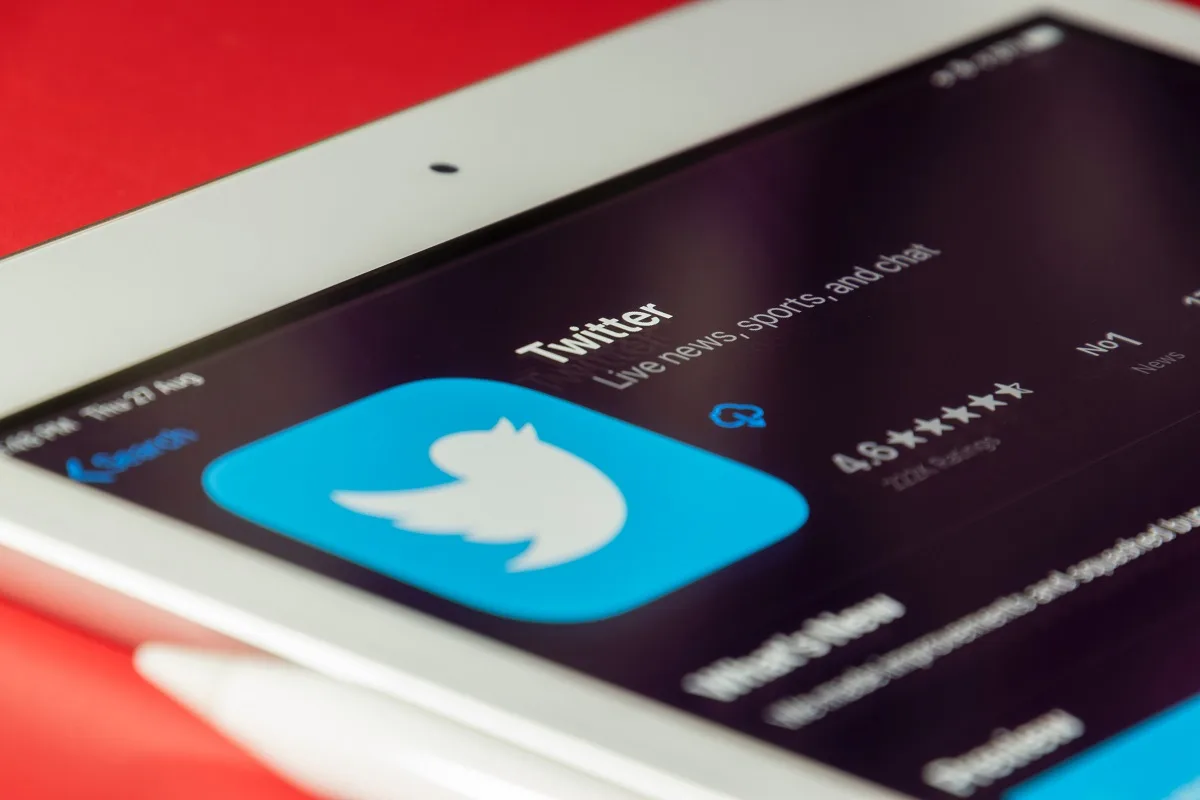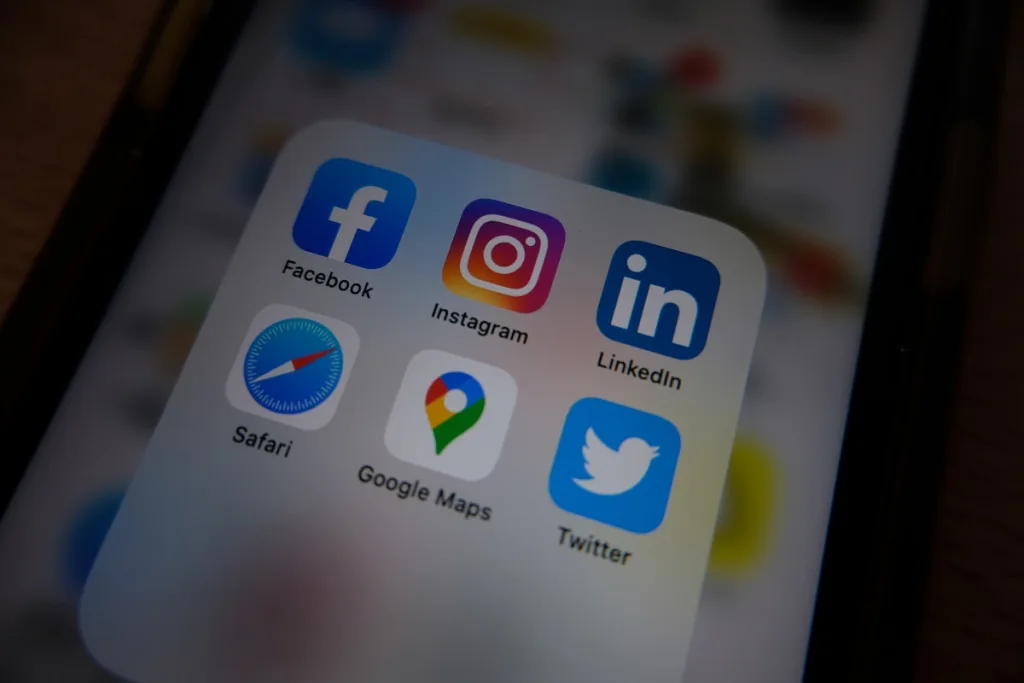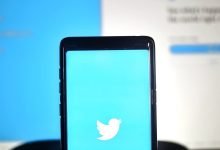
Twitter Censorship A Blow to Freedom of Speech Under Indian Govt
You have probably heard by now that Twitter recently blocked over a hundred accounts in India in response to government pressure. We’re talking journalists, poets, members of parliament and more—their accounts suddenly gone without warning or explanation.
This has sparked controversy and raised serious questions about censorship, freedom of speech, and the right to dissent. People everywhere are outraged and many are advocating for Twitter to restore the blocked accounts and resist similar pressures in the future.
So if you’re looking for answers about why this happened, what it means for freedom of expression in India, and what Twitter should do moving forward then you’ve come to the right place! In this article we dive into the Indian government censorship saga and explore the implications for free expression online.
Overview of Twitter Block in India
What happened in India was a blatant violation of freedom of speech and right to dissent. Over a hundred accounts belonging to journalists, poets, and members of parliament were blocked due to pressure from the Indian government. This move was quickly criticized by individuals and organizations, who argued that it violated their fundamental rights and freedoms.
The blocked accounts are part of a broader censorship effort by the Indian government to limit the expression of criticism or views that don’t align with the current administration. This is highly concerning as it goes against our core liberties of freedom of expression and open dialog. It’s also important to note that social media platforms are increasingly being used for civic engagement, making this issue even more sensitive.
The Impact on Indian Journalists, Poets and Politicians
The Twitter block has had a personal impact on those who were censored. Journalists and news organizations found their accounts inaccessible, preventing them from sharing their work and engaging with their followers. Poets, novelists, and other writers have also been unable to share their works or connect with their audience.
On a broader level, the government’s move to pressure Twitter into censorship has caused consternation among those who value freedom of speech and dissent. Many individuals and organizations are now speaking out against the action, arguing that it violates an individual’s right to share ideas and express themselves freely. Some have called for Twitter to restore the blocked accounts and protect its users from interference or coercion by the government.

What Critics Say About This Action
You may not be surprised to hear that the block has caused quite a stir among those who value freedom of expression. In fact, many critics are calling out Twitter for what they see as an obvious violation of user rights and an attempt to silence dissent in India.
Here’s what some people had to say about the decision:
Contents
“A Dangerous Precedent”
Human Rights Watch warned that the Twitter block could set a dangerous precedent for Internet freedom in India. The organization argued that by participating in censorship, Twitter was complicit in violating its users’ rights to freedom of speech and expression, and said these actions should be reversed immediately.
“Censorship Should Not Be Accepted”
Numerous journalists, activists, and other members of civil society have also come forward to criticize Twitter’s decision. Many have argued that no government should have the power to dictate what its citizens can or cannot say, and called on both world powers and the Indian public to reject censorship of any kind.
Twitter’s recent decision is sure to be debated for some time, but it’s clear that issuing this block was a major violation of freedom of speech principles no matter how you look at it. As such, it’s important we take time to think critically about why we believe these blocks are unacceptable before taking action.
How the Blocked Accounts Violate Freedom of Speech
Twitter’s actions in India have inspired an outcry from both Indian citizens and the international community. This is because the accounts that were blocked by Twitter were critical voices and voices of resistance, and their blocking violates fundamental principles of freedom of expression.
Silencing Critical Voices
By censoring these accounts, the Indian government has effectively silenced voices of dissent, leaving those who dare to speak out against the government vulnerable and unheard. This not only violates the right to dissent, but also chills speech for those who remain, since they will be less likely to speak out for fear of being censored or de-platformed.
Censorship Has Real-Life Impacts
Not only does censorship restrict people’s ability to express themselves freely, but it also has real-life impacts on the individuals affected by the censorship. Those whose accounts were blocked may have lost their jobs due to lack of access to Twitter, while others may have had their political organizing efforts stifled due to their accounts being blocked.
Twitter’s censorship is a direct violation of freedom of speech and should not be tolerated by any government or organization. The accounts that were blocked should be restored immediately so that those affected can regain control over their online presence and continue to partake in meaningful discourse online without fear of reprisal.
Reasons Why Twitter Should Reverse Its Decision
Twitter’s recent decision to suspend the accounts of journalists, poets, and members of the Indian Parliament in response to pressure from the Indian Government is deeply concerning. This action has been met with public outcry, with many individuals and organizations arguing that it violates freedom of speech and the right to dissent.
Here are a few reasons why Twitter should reverse its decision:
- Right to Freedom of Expression: The United Nations has declared that everyone has the right to freedom of opinion and expression, laid out in Article 19 of the Universal Declaration of Human Rights. By blocking these accounts, Twitter is explicitly violating individuals’ rights to express themselves freely.
- Human Rights Violations: Unfortunately, this situation sets a precedent for other governments to pressure tech giants into silencing their citizens’ voices. This could open the door for further human rights violations in the future.
- Neutrality: It’s important for social media platforms like Twitter to remain neutral and impartial in order to foster constructive dialog and debate among its users, without being influenced by outside parties. Such a move would ensure that everyone can have their voices heard without fear or reprisal or censorship.
Twitter’s decision is unacceptable, and they must immediately restore access to these accounts in order to uphold their commitment to free expression and human rights.
Ways to Further Support the Blocked Accounts
Now that Twitter has blocked over a hundred accounts in India, it’s important to look beyond the headlines and do something to support those affected by the censorship. Here are a few things you can do:
Sign petitions and engage in solidarity
There are several petitions circulating calling on Twitter and other major companies to restore the blocked accounts and oppose government censorship. Signing these petitions sends a strong message of solidarity with those whose voices have now been silenced.
Investigate, and report malicious activities
The goal of censorship is to limit access to certain pieces of information and content. Take the initiative to investigate why certain accounts or information was blocked or taken down, then report any malicious activities, from both the Indian government and Twitter, to relevant organizations such as The Committee To Protect Journalists.
Support those affected financially
Look out for crowdfunding initiatives and campaigns set up by those affected, including journalists, activists, writers, artists, etc., so that they can continue their work without interruption. Financial assistance will help cover costs for developing web platforms or other alternative forms of communication for these individuals to get their voices heard once again.
In conclusion, Twitter’s recent action to comply with the Indian government’s request to block over a hundred accounts is completely unacceptable. It goes against the core values of freedom of speech and the right to dissent, which are integral to a well-functioning democracy.
The recent censorship is a reminder of the power of governments to control the public narrative and silence any criticism or opposition. It is a stark reminder that we must remain vigilant against any attempts to silence voices of dissent, and actively support those fighting for their right to freedom of expression. We must take a stand against censorship and stand firm in our commitment to free speech.



